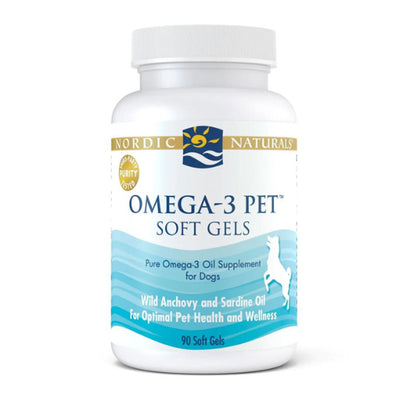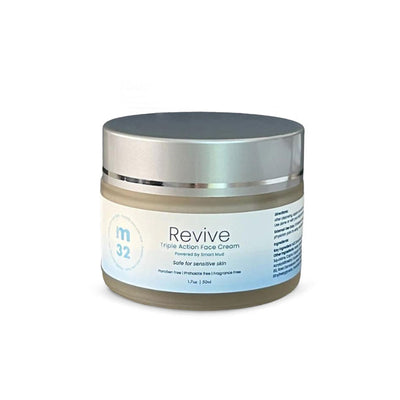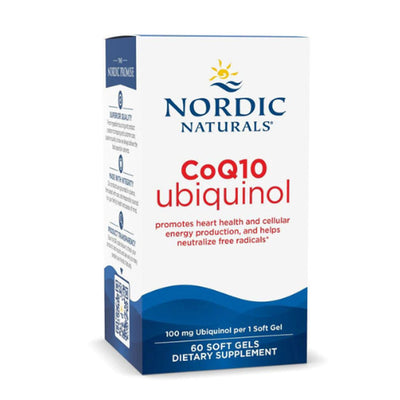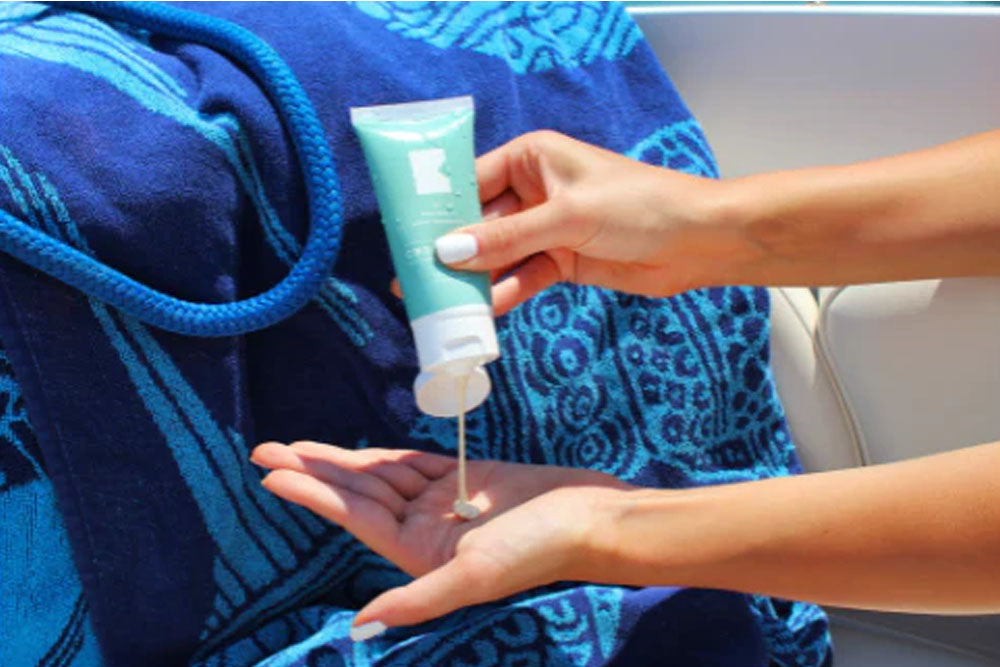Sunscreen is an essential part of skincare, protecting against harmful ultraviolet (UV) radiation that can cause sunburn, premature aging, and even skin cancer. However, sunscreen labels can be confusing, leading to misuse or avoidance. Understanding terms like SPF, broad-spectrum protection, and water resistance can help you make informed choices about sun protection. In this guide, we’ll break down these key concepts, debunk common myths, and offer practical advice on choosing and applying sunscreen effectively.
What is Sunscreen?
Sunscreen is a protective skincare product that helps shield the skin from UV rays. It works in two ways:
-
Physical (Mineral) Sunscreens: Contain active ingredients like zinc oxide or titanium dioxide that create a barrier, reflecting UV rays away from the skin.
-
Chemical Sunscreens: Absorb UV rays and convert them into heat, which is then released from the skin. Common ingredients include avobenzone, oxybenzone, octinoxate, and homosalate.
Why Sunscreen is Important
Sunscreen serves as the first line of defense against sun damage. Regular use can prevent sunburn, slow signs of premature aging, and reduce the risk of skin cancer. Incorporating sunscreen into your daily skincare routine is a crucial step for maintaining healthy skin.
Different Types of Sunscreen
Sunscreens come in various forms to suit different needs:
-
Lotions: Most common and provide even coverage.
-
Sprays: Convenient but may not apply evenly.
-
Sticks: Ideal for targeted application, such as around the eyes.
-
Gels: Preferred for hairy areas like the scalp.
Understanding SPF
What Does SPF Mean?
SPF (Sun Protection Factor) measures how well a sunscreen protects against UVB rays, which cause sunburn and contribute to skin cancer. However, SPF does not measure protection against UVA rays, which penetrate deeper into the skin and accelerate aging.
How SPF Works
SPF is not a time-based measure but a ratio of UV exposure:
-
SPF 30 filters about 97% of UVB rays.
-
SPF 50 filters about 98%.
-
SPF 100 filters about 99%. No sunscreen provides 100% protection, and higher SPF numbers do not mean dramatically longer protection.
Broad-Spectrum Protection
Broad-spectrum sunscreens protect against both UVA and UVB rays:
-
UVB rays cause sunburn and contribute to skin cancer.
-
UVA rays penetrate deeper, causing wrinkles and skin aging. Choosing a broad-spectrum sunscreen ensures comprehensive protection.
Proper Sunscreen Application
How Much to Apply
Most people use too little sunscreen. The recommended amount is 1 ounce (30 ml)—roughly a shot glass full—for the entire body per application.
Key Application Tips
-
Apply 30 minutes before sun exposure to allow the sunscreen to absorb.
-
Cover all exposed skin, including often-missed areas like ears, neck, scalp, feet, and lips.
-
Reapply every two hours, or immediately after swimming or sweating, even if using water-resistant sunscreen.
-
Makeup with SPF is not enough on its own—it should be supplemented with sunscreen.
Sunscreen on Cloudy Days & Shade
Up to 80% of UV rays penetrate clouds, so daily sunscreen use is essential, even on overcast days or in the shade.
Checking Expiration Dates
Expired sunscreen loses effectiveness. Most sunscreens last about three years, but heat exposure can shorten their shelf life.
Understanding Water Resistance
No sunscreen is completely waterproof. Water-resistant sunscreens maintain effectiveness for 40 to 80 minutes in water or when sweating. Always reapply after swimming or heavy sweating to ensure continued protection.
Everyone Needs Sunscreen
Regardless of skin type or tone, everyone is at risk for sun damage and skin cancer.
The Truth About Skin Color and Sun Protection
-
Melanin provides some protection (SPF 13.4 for darker skin, SPF 3.4 for lighter skin), but it's not enough to prevent damage entirely.
-
Tanning is a sign of skin damage, not protection.
-
Skin cancer is harder to detect in darker skin tones, leading to later diagnoses and worse outcomes.
-
Daily SPF use reduces the risk of melanoma by 50% and squamous cell carcinoma by 40%.
Sunscreen FAQ
-
"Is sunscreen only needed for full sun exposure?"
-
UV rays harm skin even in the shade or indoors near windows.
-
"Does sunscreen prevent vitamin D absorption?"
-
Brief daily sun exposure (5–30 minutes) is enough for vitamin D production.
-
"Does sunscreen cause health problems?"
-
Scientific studies show that sunscreen ingredients are safe for regular use.
-
"Dp people with dark skin need sunscreen?"
-
While darker skin has more melanin, it is still vulnerable to UVA damage and skin cancer.
-
"Do tanning beds provide a safe base tan?"
-
Tanning beds emit high UVA exposure, increasing the risk of skin cancer.
-
"Is makeup with SPF enough sun protection?"
-
Most people don’t apply enough makeup for full SPF coverage. Sunscreen is still needed.
-
"Is covering up more or less effective than sunscreen?"
-
Clothing, hats, and sunglasses provide better protection, but sunscreen is still necessary for exposed areas.
-
"Does sunscreen prevent tanning completely?"
-
While it helps reduce UV damage, some tanning can still occur.
-
"Does waterproof sunscreen last all day?"
-
No sunscreen is 100% waterproof. Reapply after swimming or sweating.
-
"Does higher SPF mean all-day protection?"
-
SPF needs reapplication every two hours, regardless of the number.
-
"Do all sunscreens protect against UVA and UVB?"
-
Only broad-spectrum sunscreens shield against both.
-
"Does the FDA thoroughly test all sunscreens?"
-
The FDA regulates sunscreen, but effectiveness varies. Choose reputable brands and follow application guidelines.
Sunscreen is a crucial tool in preventing skin damage and reducing the risk of skin cancer. Choosing the right SPF, ensuring broad-spectrum protection, and applying it correctly can make all the difference. Combine sunscreen with protective clothing, shade, and smart sun habits for the best defense against harmful UV rays.
Make sunscreen a daily habit—your skin will thank you!








